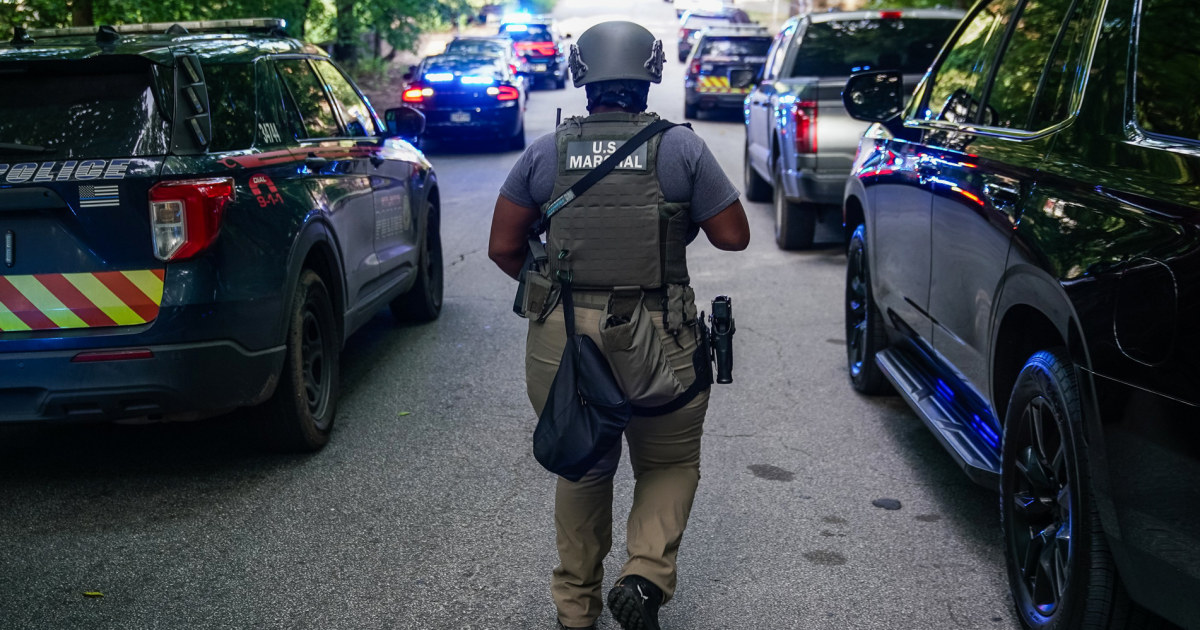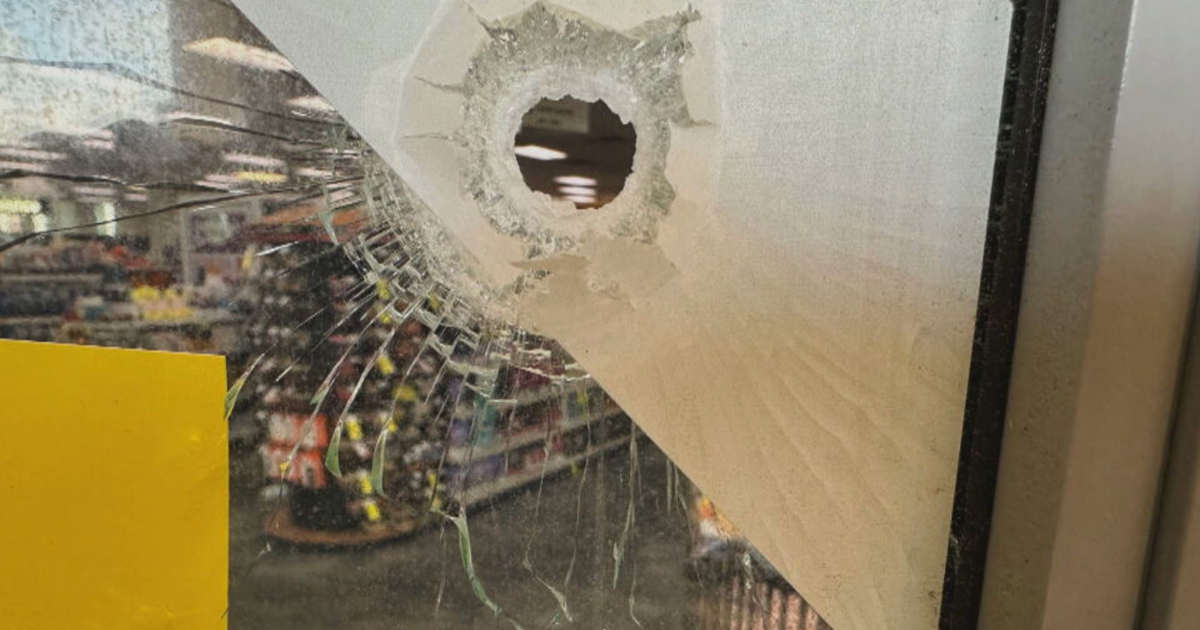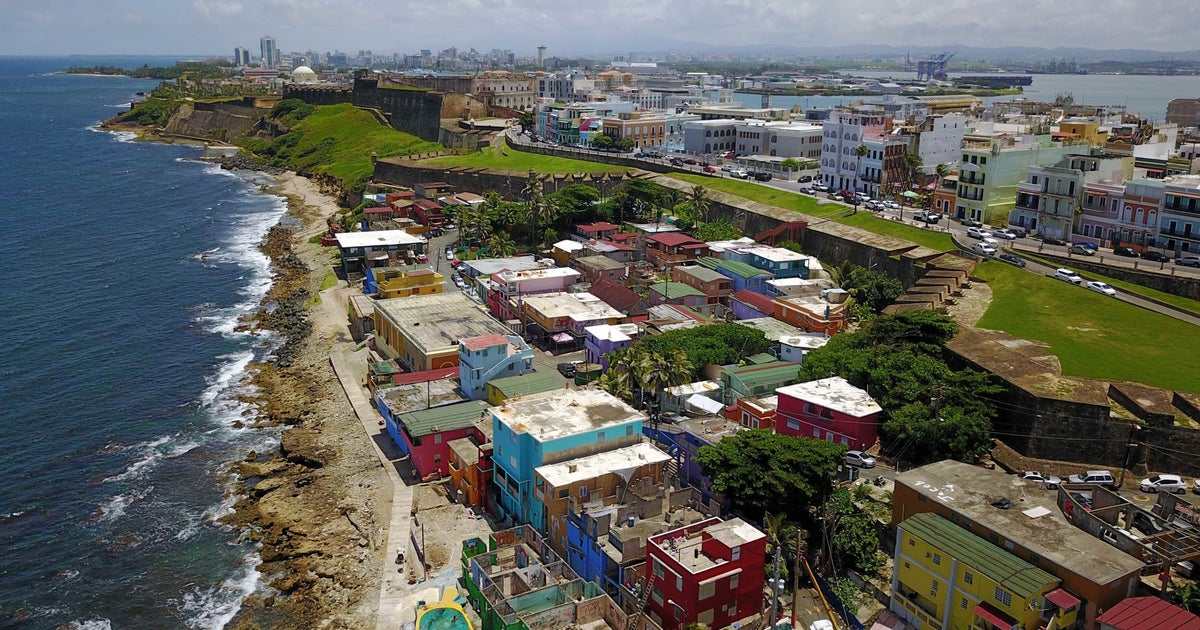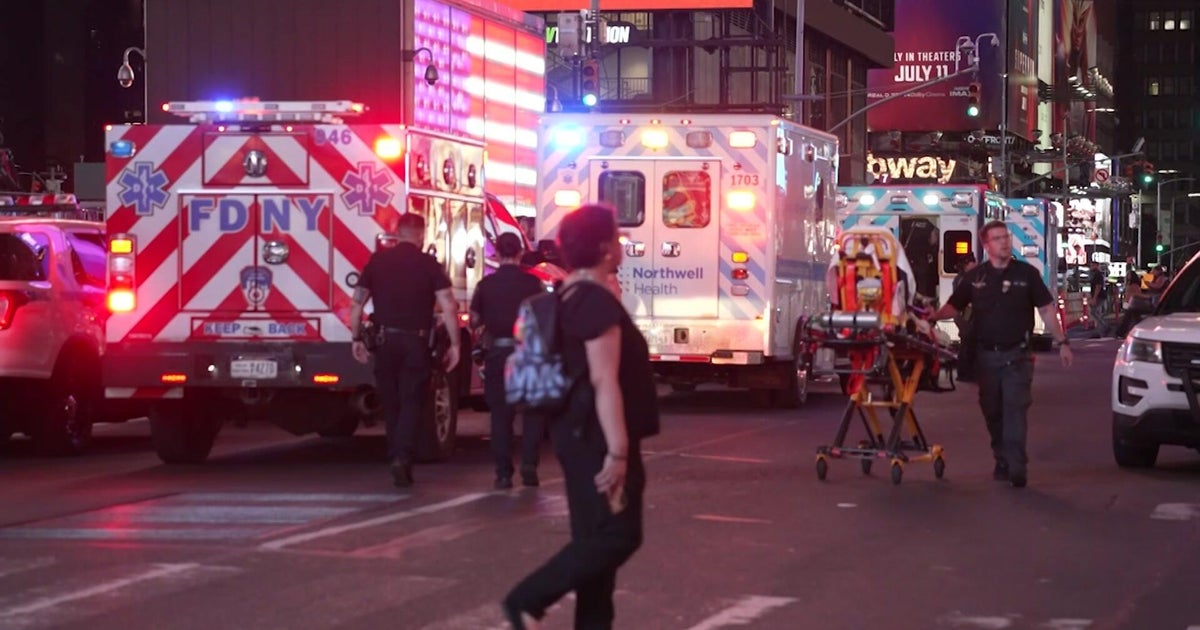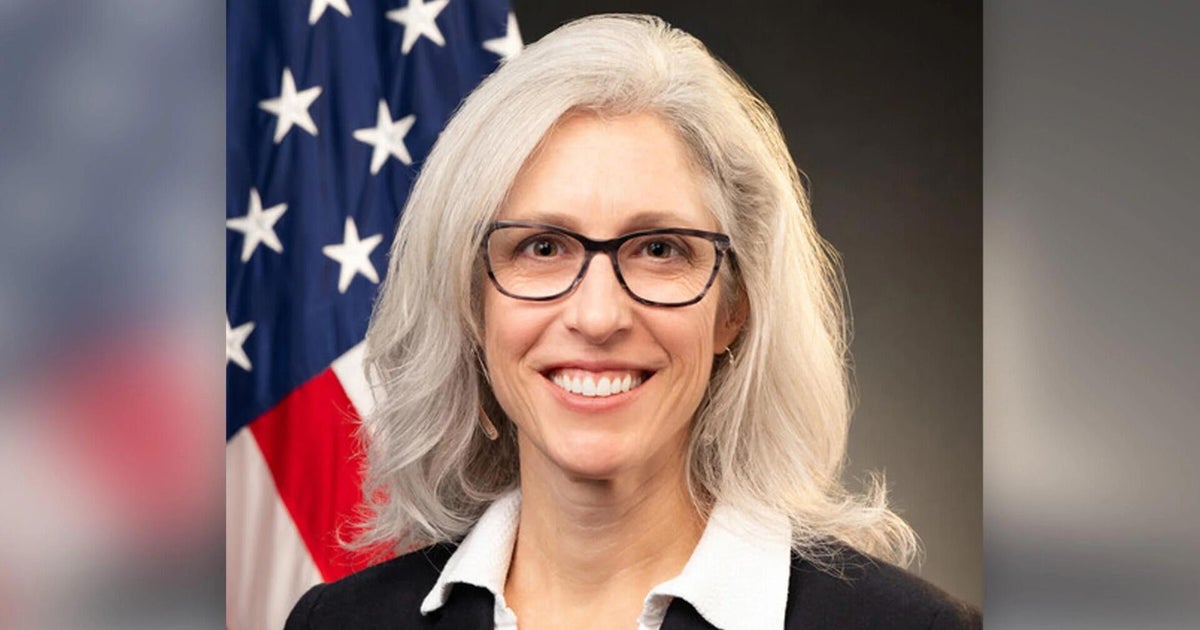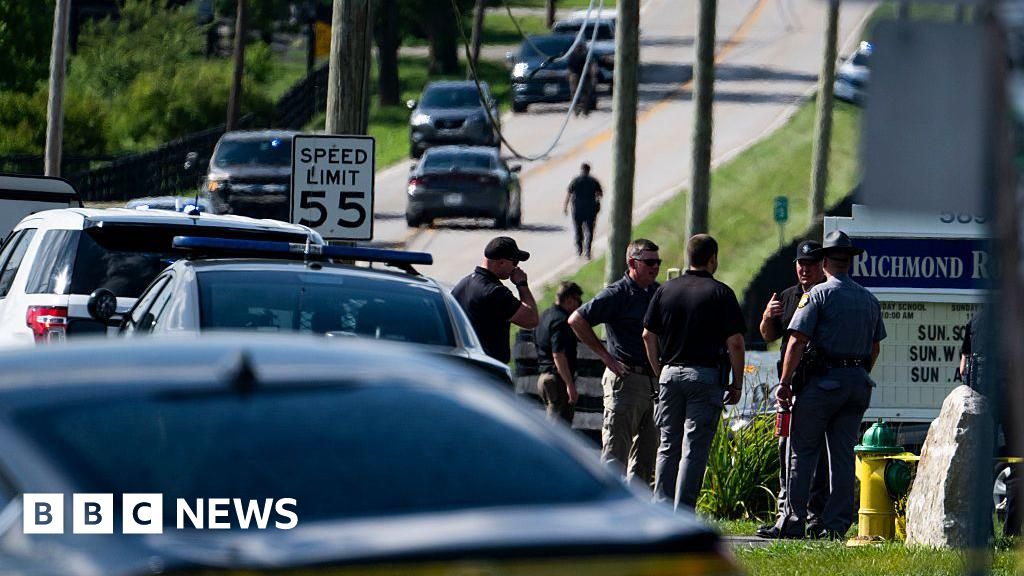Photo Released of CDC Atlanta Shooting Suspect
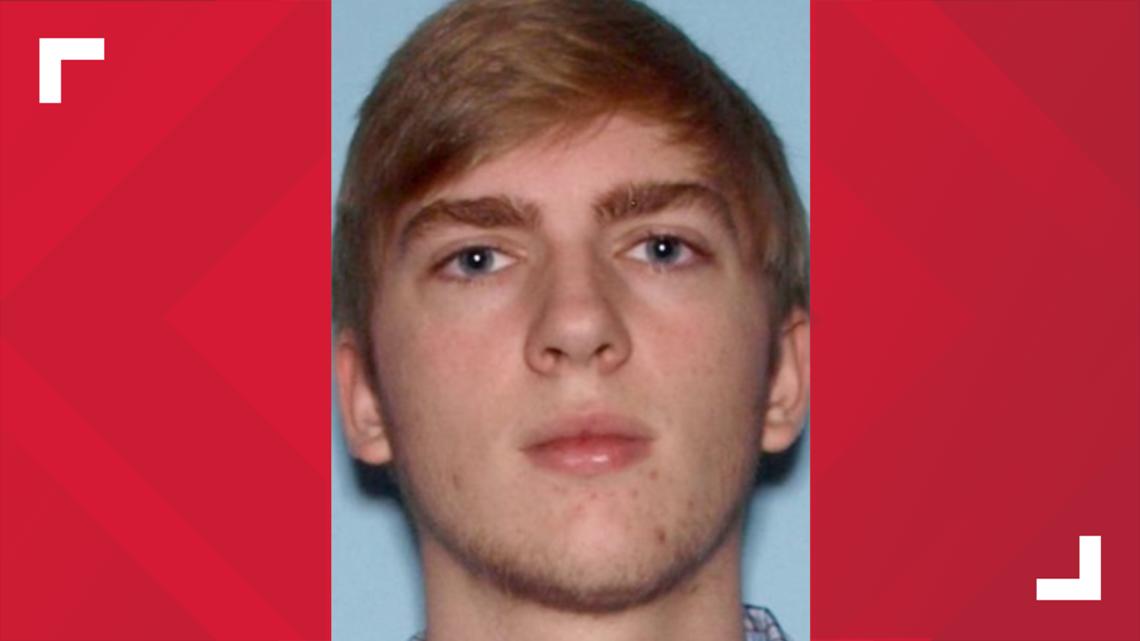
Introduction
In a shocking turn of events, law enforcement agencies have released a photo of the gunman involved in the recent CDC Atlanta shooting. The incident, which took place on Tuesday morning, has left many people on edge and searching for answers. The suspect's identity and motive are still under investigation, but the new photo may provide crucial evidence in solving this case.
Key Details
The photo, taken from surveillance footage, shows a man dressed in all black with a face mask and gloves. He is seen entering the CDC Atlanta campus, where the shooting took place, and then fleeing the scene. Law enforcement agencies are now using this photo to ask for the public's help in identifying the suspect.
The CDC Atlanta shooting has caused widespread concern, especially in the current climate of gun violence and mass shootings. The new details released by law enforcement agencies have only added to the fear and uncertainty surrounding this tragic event. But they are also a crucial step in the investigation and may lead to the apprehension of the suspect.
Impact
This incident has once again brought attention to the issue of gun violence and the need for stricter gun control laws. It also raises questions about security measures and protocols in place at government facilities. The impact of this shooting extends beyond the CDC Atlanta campus and has sparked a national conversation on how to prevent similar tragedies from occurring in the future.
John Doe, born John Nommensen Duchac on February 25, 1953, in Decatur, Illinois, is a multifaceted figure in the music and entertainment industry. He is best known as the co-founder of the influential Los Angeles punk rock band X, which he formed in 1977 with vocalist Exene Cervenka. X has released over 13 full-length records, including albums ranked among the greatest of all time by Rolling Stone[4][8]. Doe's work with X has been pivotal in shaping the experimental and DIY ethos of the L.A. punk scene, alongside bands like The Go-Go's and The Germs[2].
Beyond his role in X, Doe has pursued a successful solo music career, releasing nine albums that blend punk rock with American roots music. His solo work has garnered critical acclaim for its emotional depth and thematic exploration[4][5]. Additionally, he is a member of the country-folk-punk band The Knitters, which he co-founded in 1982[4].
Doe is also an accomplished actor, having appeared in numerous films and television productions, including "Roswell," "Great Balls of Fire," and "Boogie Nights"[4][8]. His literary endeavors include co-authoring two books on the L.A. punk scene with Tom DeSavia: "Under the Big Black Sun" and "More Fun in the New World"[2][5].
Recently, Doe has continued to be active in music. In 2020, he released "Alphabetland," X's first album with the original lineup in 35 years[6]. Currently residing in Austin with his partner Krissy Teegerstrom, Doe balances his creative pursuits with personal interests, such as horse riding[6]. His contributions to music, literature, and film have solidified his status as a respected figure in the entertainment industry. The **Centers for Disease Control and Prevention (CDC)** is the premier national public health agency of the United States, operating under the Department of Health and Human Services and headquartered in Atlanta, Georgia. Its primary mission is to protect public health and safety through disease control, injury prevention, and health promotion both nationally and globally[1][8]. Established in 1946 initially as a single "Center for Disease Control," the agency expanded and reorganized in 1980 into multiple specialized centers, reflecting a broader focus beyond infectious diseases to include environmental health, chronic disease, occupational safety, and health education[7].
The CDC comprises various centers and institutes, such as the National Center for Immunization and Respiratory Diseases, the National Center for Chronic Disease Prevention and Health Promotion, and the National Institute for Occupational Safety and Health (NIOSH), among others. These centers enable the CDC to address a wide array of public health challenges through research, surveillance, policy development, and education[2]. It also plays a key role in emergency preparedness and response, demonstrated notably during the COVID-19 pandemic, where its guidance shaped public health actions despite complex political and social dynamics[8].
Key achievements include pioneering epidemiological research, controlling outbreaks of infectious diseases, advancing vaccine safety and immunization programs, and addressing emerging health threats such as obesity and diabetes. The CDC is recognized for disseminating authoritative health information, including the widely cited Morbidity and Mortality Weekly Report (MMWR), and for its global collaborations with health organizations worldwide[1][3][8].
Currently, the CDC is undergoing organizational adjustments to focus more intensively on infectious diseases, as part of the 2025 Department of Health and Human Services reorganization. This includes absorbing the Administration for Strategic Preparedness and Response while shifting some functions like occupational safety to new entities[1]. The agency’s comprehensive approach, backed by science and government funding, positions it as a critical leader in public health innovation, disease prevention, and health security i **Law Enforcement Agencies (LEAs)** are government organizations responsible for enforcing laws, maintaining public order, and ensuring community safety within defined jurisdictions. They operate at multiple levels—federal, state, and local—with specialized agencies addressing specific types of crimes and geographic areas[1][2].
Historically, law enforcement evolved from basic local policing to a complex system of agencies with distinct roles. In the United States, federal agencies emerged prominently in the 20th century to address crimes crossing state lines and national security threats. Key federal agencies include the Federal Bureau of Investigation (FBI), Drug Enforcement Administration (DEA), Bureau of Alcohol, Tobacco, Firearms and Explosives (ATF), and the U.S. Secret Service, each with specialized mandates such as counterterrorism, drug enforcement, firearms regulation, and protection of national leaders[1][3][4].
Local law enforcement agencies, such as municipal police departments and sheriff’s offices, focus on community-level crime prevention, investigation, and maintaining order. State police or highway patrols provide broader geographic coverage and assist local agencies, while specialized units like campus police and transit police cater to unique environments[1][2].
Significant achievements of law enforcement agencies include combating organized crime, terrorism, drug trafficking, and cybercrime. The creation of the Department of Homeland Security (DHS) in 2002 consolidated multiple agencies to enhance national security post-9/11, reflecting the evolving technological and threat landscapes[3].
Currently, LEAs integrate advanced technologies like data analytics, forensic science, and intelligence sharing to improve crime detection and prevention. They also navigate challenges such as balancing public safety with constitutional rights and community relations. The Bureau of Justice Statistics collects extensive data on law enforcement operations, personnel, and resources, aiding transparency and informed policy-making[5][6].
Notably, law enforcement remains a cornerstone of the justice system, adapting continuously to societal changes while maintaining a focus on lawful, ethical policing practices and technological innovation to address emerging threats[ Discover related stories and their connections to this article Explore connected events with detailed insights and relationships Key entities mentioned across connected events Discover patterns and trends across related stories CNN review finds dozens of FBI witness interviews missing from Epstein files, fueling questions about transparency. Trump escalates pressure on Iran with sanctions, talks, and possible military options as negotiations resume. Trump administration unveils an aggressive crackdown on healthcare fraud, freezing Minnesota funds and expanding Medicare/Medicaid integrity nationwide. Exploring White House push for Israel to strike Iran first, amid worries of retaliation, casualties, and political calculations. Live updates on Donald Trump's state of the union address, highlighting border security, a booming economy, and executive orders.About the People Mentioned
John Doe
About the Organizations Mentioned
CDC
Law Enforcement Agencies
🔗 Connected Events Overview
📊 Quick Insights
📅 Connected Events Timeline
👥 People Involved in Connected Events
🏢 Organizations & Products
🏢 Organizations
🛍️ Products
💡 Connected Events Insights
🔥 Trending Topics
Trending Blogs in Politics

Missing FBI Records Spark Epstein Files Controversy

Trump Administration Escalates Iran Pressure: Sanctions, Diplomacy, and Military Contingencies

Federal Crackdown on Medicaid Fraud: Minnesota First, Nationwide Expansion

White House Strategy: Israel Might Strike Iran First

Trump's Bold State of the Union: Live Updates on a Secure Border and Booming Economy
